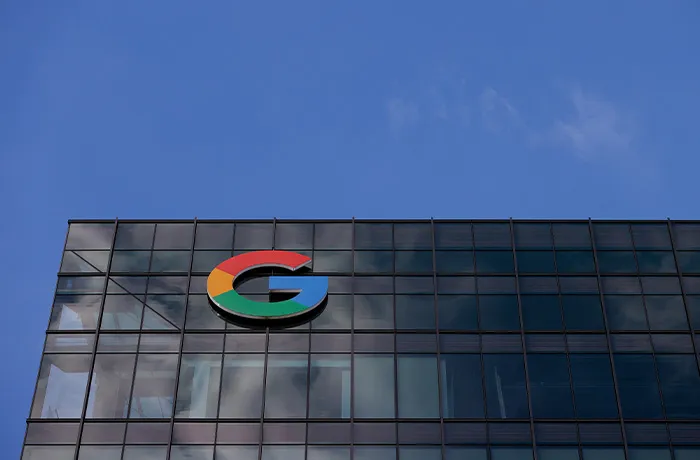Judge's Google antitrust decision stings but doesn't scorch search giant

The Legal Battle Against Google's Search Monopoly
After a five-year legal battle that began during the final weeks of President Donald Trump’s first administration, U.S. District Judge Amit P. Mehta ruled that Google illegally maintained a monopoly in search. However, the judge decided not to force the company to divest its Chrome browser or Android operating system. Instead, the court imposed restrictions on exclusive agreements that favored Google’s search engine and mandated that Google share limited search indexes and user-interaction data with competitors.
Mehta’s decision avoided sweeping structural changes, emphasizing that the plaintiffs had overreached by seeking forced divestiture of key assets that Google did not use to create illegal restraints. He highlighted the fast-paced evolution of the industry, especially with the rise of generative artificial intelligence, noting that there are strong reasons not to disrupt the market and to let natural competition take its course.
The judge ordered Google to offer Qualified Competitors search and search text ads syndication services, aiming to help rivals develop viable alternatives while they build their own infrastructure. Additionally, Google must share certain data sets, but only those directly related to its anticompetitive conduct, to avoid judicial overreach.
Reactions to the Ruling
Nidhi Hegde, executive director of the American Economic Liberties Project, criticized the ruling, stating, “You don’t find Google liable for monopolization and then write a remedy that lets it protect its monopoly.” This statement signaled immediate calls for an appeal. However, not all reactions were negative.
Robert Winterton, vice president of public affairs for tech industry group NetChoice, praised the court’s nuanced approach, saying it prevented the DOJ from dismantling a leading American tech company at a pivotal time in history. He emphasized that this decision ensured President Trump’s administration remained true to its promise to empower American innovation.
The Department of Justice viewed the ruling as a step toward loosening Google’s grip, claiming victory even though the decision fell short of a structural breakup. In his 230-page opinion, Mehta stressed the impact of technological shifts, particularly in AI, as potential natural counterbalances. He noted that the emergence of GenAI changed the course of the case, referencing market forces such as OpenAI's ChatGPT and Perplexity as evolving checks on Google’s dominance.
Criticisms and Concerns
Despite the ruling, some critics felt the remedies lacked sufficient strength. DuckDuckGo CEO Gabriel Weinberg argued that the court’s measures would not force the necessary changes to address Google’s illegal behavior. She urged congressional action to ensure Google competes on a level playing field.
Google, through its regulatory affairs office, had previously criticized the DOJ’s proposed remedies, stating that they went beyond the scope of the actual violations. The company cited Supreme Court precedent, emphasizing that remedies should match the alleged violations.
In response to the ruling, Google acknowledged that the court recognized the harm that divesting Chrome and Android would have caused consumers and partners. The company also expressed concerns about how the imposed limits on distribution and data sharing would affect users and privacy.
Market Reactions and Future Implications
Wall Street responded positively to the conservative ruling, with Google’s parent company, Alphabet, closing up for the day. Apple also saw modest gains, as shares rose on the possibility that current default agreements could remain in place.
Google has 30 days from the ruling to appeal the initial August 2024 liability finding that it violated U.S. antitrust laws. The company has indicated it will pursue this option, and the appeals process could extend into 2027 or later.
It remains uncertain whether Congress will act to pass more stringent competition laws aimed at the rapidly innovating tech industry. Additionally, the impact of this case on other Big Tech antitrust suits is yet to be seen. These developments continue against the backdrop of aggressive European Union tech regulations and ongoing trade negotiations with the Trump administration.
Jessica Melugin, director of the Center for Technology and Innovation at the Competitive Enterprise Institute and a 2025 Innovators Network Foundation antitrust and competition policy fellow, continues to monitor these developments closely.
Post a Comment